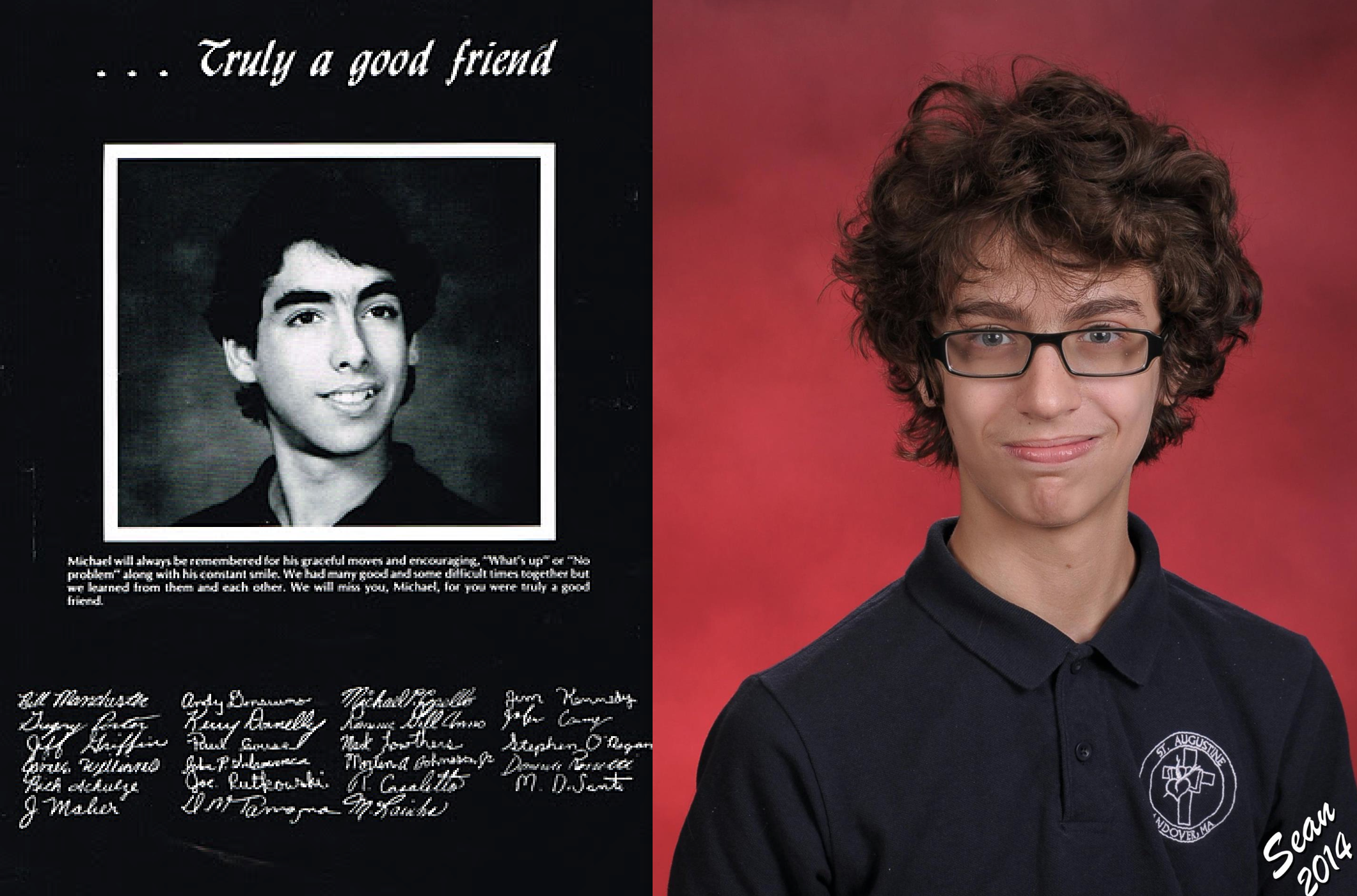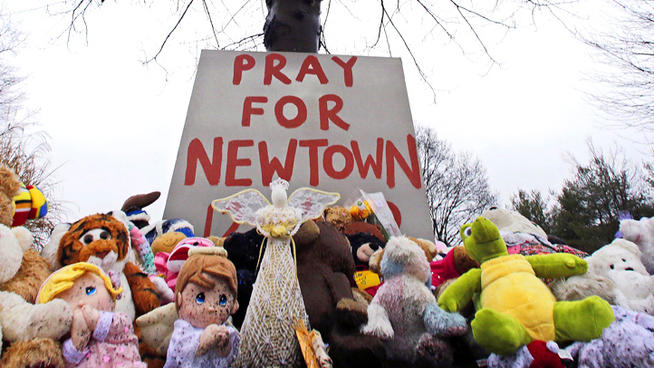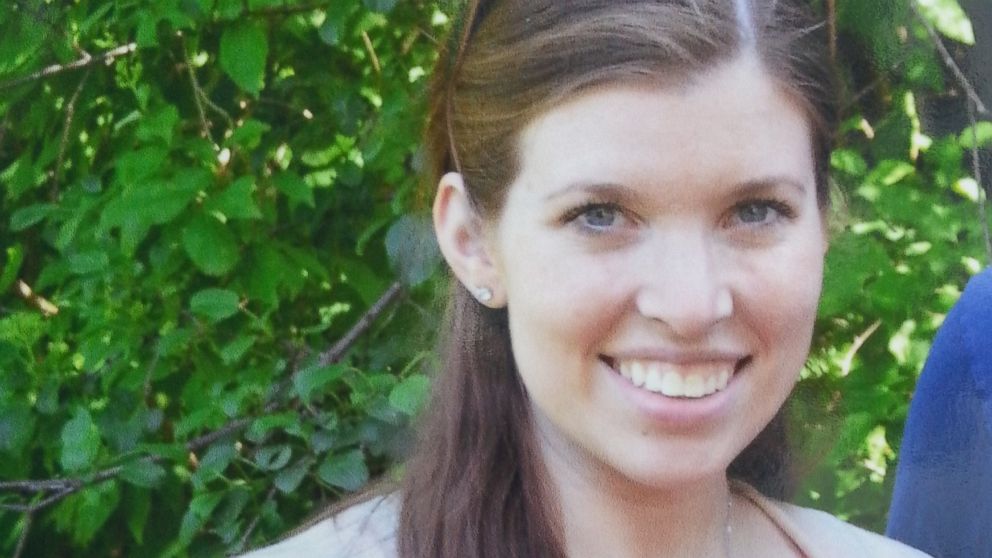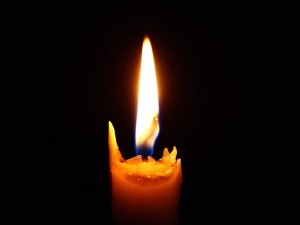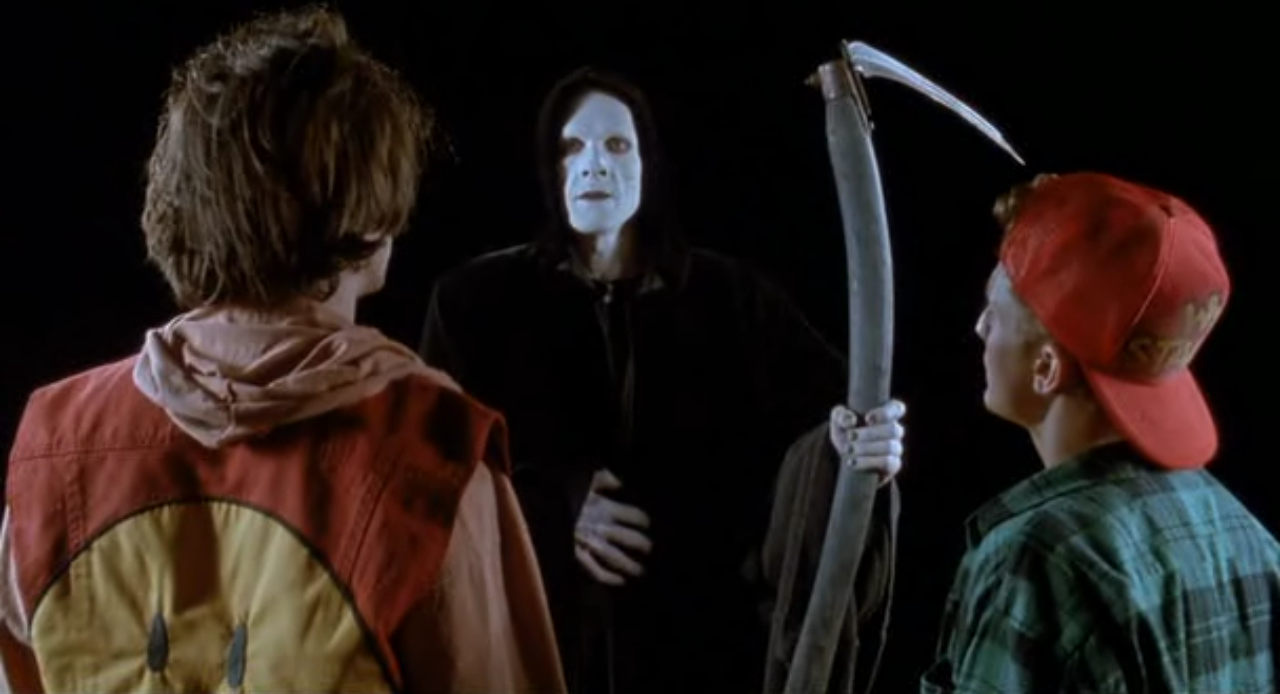Last week, I vented frustration on Facebook after a particularly frustrating day. I was angrier than I had been in a long time.
Mood music:
https://youtu.be/lyL58DRZ9KQ?list=PLG5y42X_qOGxGXuyLOr6FJV76M3o5TUcX
By the next morning, the bad feelings had dulled and I had second thoughts about venting my anger the way I did. So I put this on my timeline:
Yesterday I was having a bad-attitude kind of day and I let it bleed onto Facebook. I try to never do that. Sorry to those who had to see it.
The larger reality is that I have a blessed life. I’m married to my best friend and we have two awesome children. We live in a great place. Erin C Brenner is doing great things with her business and I have a great job and legions of friends.
Managing a building on the side has been hard, but things there are steadily moving in the right direction and I’ve been able to keep it from affecting my work. I’ve also picked up a ton of business experience I never thought I’d have.
My biggest problem is that I’m sweating the little stuff too much lately and I haven’t been writing enough.
That’s gonna change.
Thanks to all of you for being in my life.
A lot of people responded, most saying I’m entitled to vent sometimes and that I’m way too hard on myself. I appreciated the words of support. But when people say I’m too hard on myself, I don’t entirely agree.
Sure, there’s a point where self-criticism can take ugly turns and be counterproductive, especially when you beat yourself up physically and mentally, lash out at everyone around you out of shame and fail to move on with life. I’ve gone down that road too many times.
I’ve also discovered that more often than not, when you think you’ve said or done something counterproductive, it’s healthy to acknowledge it. If you’re not hard on yourself once in a while, you never learn and evolve. I don’t want to be that guy. To that end, I feel better for having written that second take on Saturday morning.
The trick is to know when you’re putting yourself in check and when you’ve crossed over into angry self-righteousness. It’s difficult to see when you’ve crossed that line, but I think I’m getting better at it as I get older.
Thanks again for all your support.




